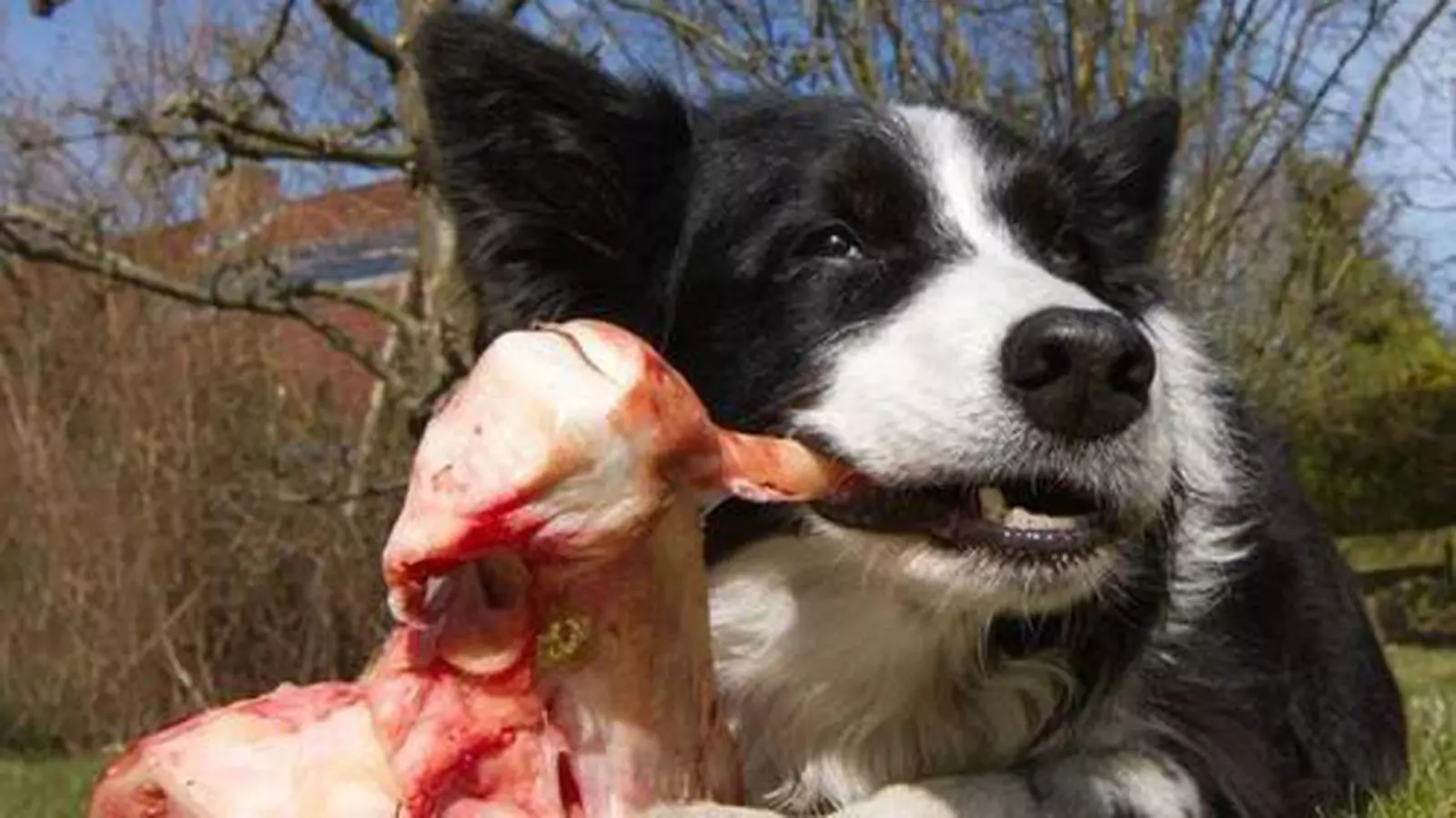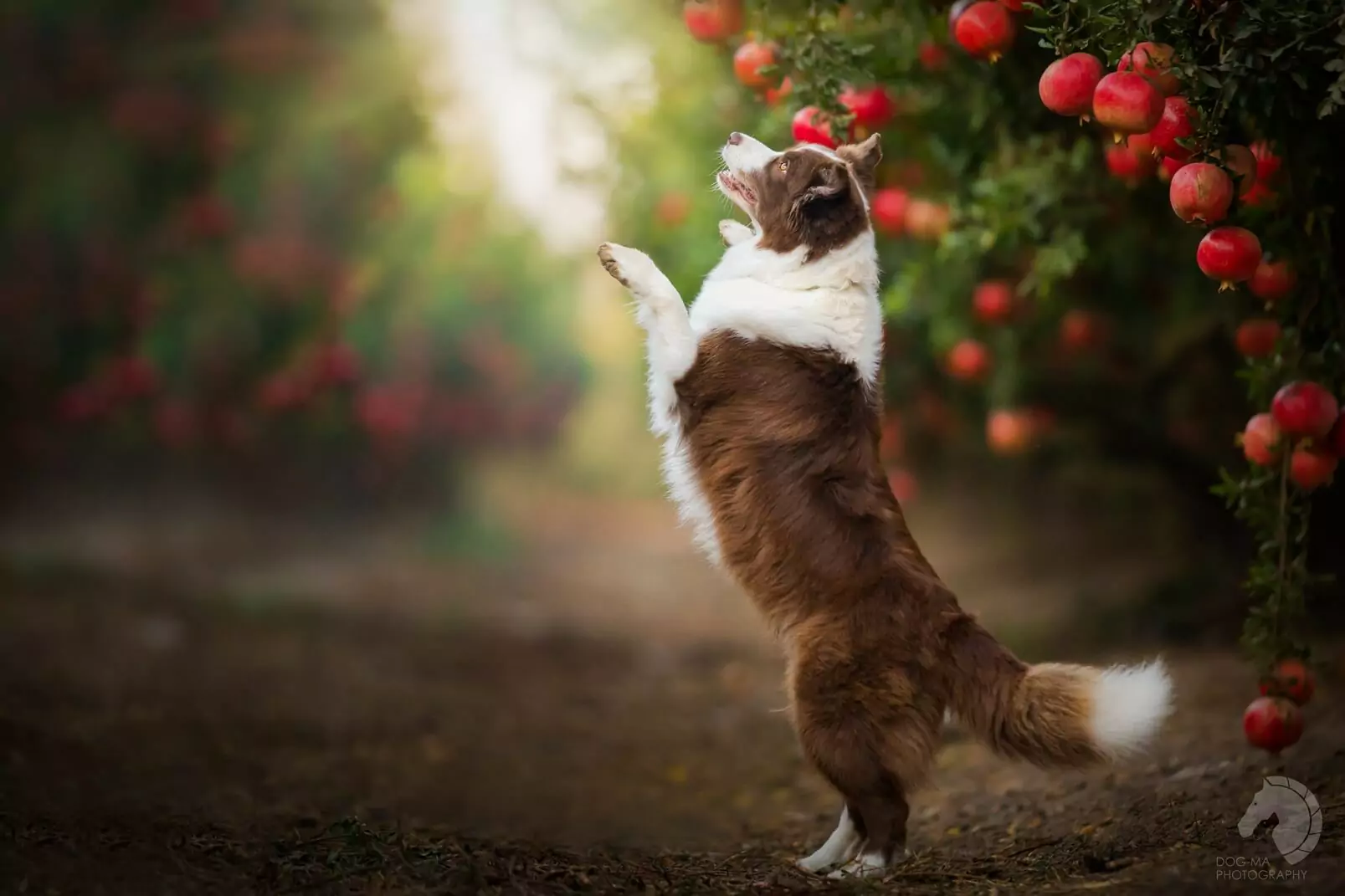Can dogs drink orange juice?
2022-07-07
I.
Although dogs love meat and eating only meat can meet their general nutritional needs, dogs can become healthier by eating some vegetables and fruits sometimes. This includes oranges. However, giving dogs to eat oranges is a bit of a hassle, so we have to settle for the second-best, choose to give dogs orange juice, can not also achieve the same effect? On this issue, let's talk about it today.
Dogs can drink orange juice, but it is not suitable to drink too much, and about the selection of orange juice, it is also necessary for the owner to understand some relevant knowledge.
For the sake of your dog's health, it is enough to feed him one cap at a time.
Can dogs have orange juice?
As we gave the conclusion, dogs can drink it because orange juice does not have any harmful substances for dogs. But to your disappointment, orange juice can hardly provide much nutrition to your dog at home. This is because most of the nutrition of oranges is concentrated in the pulp of the orange. If you squeeze orange juice, only a small portion of the nutrients will be left.
Of course, this is not the worst. What is even worse is that orange juice does not hydrate the dog. The only thing that can effectively hydrate dogs is to let them and pure water. So, for dogs, orange juice is just an ordinary snack. It is neither a nutritional product nor a hydrating drink. Moreover, because of the characteristics of orange juice, some puppies' intestines may not be able to withstand orange juice and will have stomach discomfort. Therefore, in general, do not let your dog drink orange juice at will.
How to choose orange juice for dogs?
First of all, oranges are not poisonous to dogs. However, the kernels of oranges can cause some effects on dogs. So, whether we feed our dogs oranges or give them orange juice, we should be careful about the presence of the kernels. In addition, as far as possible, avoid buying back orange juice directly from inside the stores and supermarkets. Because the orange juice is designed for humans, there is a large amount of sugar, as well as the possible presence of preservatives. Neither sugar nor preservatives are good for dogs. Not to mention the food additives that no one knows for a while if they will affect your dog.
The best option is to have orange juice at home, extracted by the owner himself with a juicer. This will ensure that the orange juice will not have adverse effects on the dog because of the substances inside. However, since they all do this, why not just peel an orange and give it to the dog?
The effects of orange juice on dogs
1. The mixture of citric acid and sugar can affect your dog's teeth and can damage the enamel on the surface of your dog's teeth. This can lead to tooth decay in dogs, as well as the development of dental calculus.
2. Too much citric acid from orange juice can cause a gastrointestinal reaction in dogs, giving them gastrointestinal problems.
3. Too much sugar can make your dog obese, and we don't need to go into the damage of obesity.
4. Dogs themselves synthesize part of the vitamin C. If dogs consume too much vitamin C for a long time, it can cause problems such as cell oxidation and the formation of oxalate stones.
How much orange juice is appropriate for dogs?
According to the effects we mentioned above, orange juice is not very harmful or beneficial for dogs. So the best way to deal with it is to treat orange juice as a kind of snack for dogs and just give it in small amounts. Generally speaking, it is only recommended that the owner give the dog about one cap of orange juice each time is the best choice.
To sum up, it is very obvious whether the owner should feed the dog orange juice or not. So in this case, there is no need for owners to listen to the rumors that letting their dogs drink orange juice will make them healthier. Dogs are physically different from humans, and many things that are good for humans are not necessarily good for dogs. That's why owners should know before feeding their dogs. You should know what you are feeding your dog and whether it can eat it or not.

II. Can dogs eat oranges?
Dogs are usually interested in human food, and owners often can't bear to let their dogs watch dryly while they eat themselves, and it becomes a habit for many owners to feed them as they go. But dog owners usually immediately consider the toxicity of food, after learning that certain foods are harmless to dogs, only then feel free to boldly feed their dogs, which has given rise to many guidelines on dog food, the most common harmful foods are grapes and raisins, chocolate and peanut butter. Exposure to the dangers of these foods also in turn prompted pet owners to feed other foods with more precautions, such as can dogs eat oranges?
The answer to this question is yes, in addition to oranges, they can also eat oranges, watermelon, bananas, and other fruits. Dogs tend to be very fond of this soft and moist textured food, and oranges are rich in nutrients such as vitamin C, potassium, thiamin, and folic acid, so dog owners can treat it as a healthy snack for their dogs.
Can dogs eat oranges? Fruit is good for dogs but also in moderation
However, it is best to feed the fruit in moderation. Oranges, like many other fruits, are high in sugar and can cause gastrointestinal distress in some dogs. One dog in the family will likely eat it with no effect and another dog will eat it and cause problems. At the same time, the intake of large amounts of oranges itself can also put a burden on the stomach and intestines, making them feel uncomfortable. The peel is difficult for dogs to swallow, and even if it gets into their stomachs, consuming orange peel can easily cause gastrointestinal obstruction, when symptoms such as vomiting, diarrhea, lethargy, abdominal pain, difficult bowel movements, or loss of appetite may occur.
Another danger of oranges for dogs is that they may cause choking, especially for dogs who are not good at chewing food or who often wolf down food, which can be triggered when they eat a large piece of orange peel or orange, and the chances are even higher for puppies.
Also, be careful if your dog eats any orange food that contains the sweetener xylitol, an ingredient commonly found in some low-calorie pastries or diets, they are toxic to dogs and have a lethal risk. Therefore some diabetic foods, or foods that are labeled as containing xylitol, should be avoided for dogs as much as possible.
Oranges themselves, although rich in nutrients are not necessary for your dog's health, as dogs tend to get almost all of the nutrients they need directly from dog food. However, feeding dogs small amounts of fruit can improve their taste and help them absorb more water.
The safest way to give your dog oranges is to give them small peeled pieces of fresh oranges without seeds and to remember not to give them orange peels. Generally speaking, a small dog will have enough for about 1/3 of orange at a time, a medium-sized dog can eat half, and a large dog can eat the entire orange. Dogs can also drink small amounts of orange juice, but again, the acidity of orange juice may be too much for some dogs' stomachs to handle and cause discomfort.
In short, in addition to some specifically stated toxic foods, most human food can be given to dogs, but must be in moderation, any food that dogs do not eat often, too much at one time may make them sick.
Previous:Can dogs drink coconut water?
Was this article helpful to you?
Other links in this article
English:
Can dogs drink orange juice?
Deutsch:
Können Hunde Orangensaft trinken?
Italiano:
I cani possono bere il succo d'arancia?
Nederlands:
Kunnen honden sinaasappelsap drinken?
Polskie:
Czy psy mogą pić sok pomarańczowy?
Português:
Os cães podem beber sumo de laranja?
português (Brasil):
Os cães podem beber suco de laranja?
日本語:
犬はオレンジジュースを飲めるのか?
中文简体:
狗能喝橙汁吗?
中文繁体:
狗能喝橙汁嗎?
Comments

Is a dog's mouth cleaner than a human's? Dogs' mouths need regular cleaning

Can dogs eat beans? Do dogs eat beans for health?

Can dogs eat lemons? Fruits that dogs should not eat more of

Do dogs have nightmares? Are dogs' dreams similar to humans'?

Can dogs eat raw beef? The benefits and drawbacks of beef for dogs

Is raw meat good for dogs? Can dogs eat raw chicken?

Can dogs eat pomegranates?

Can dogs eat ham?Can all types of ham hocks be eaten?

How to give a dog a bath

Can dogs eat kimchi?










